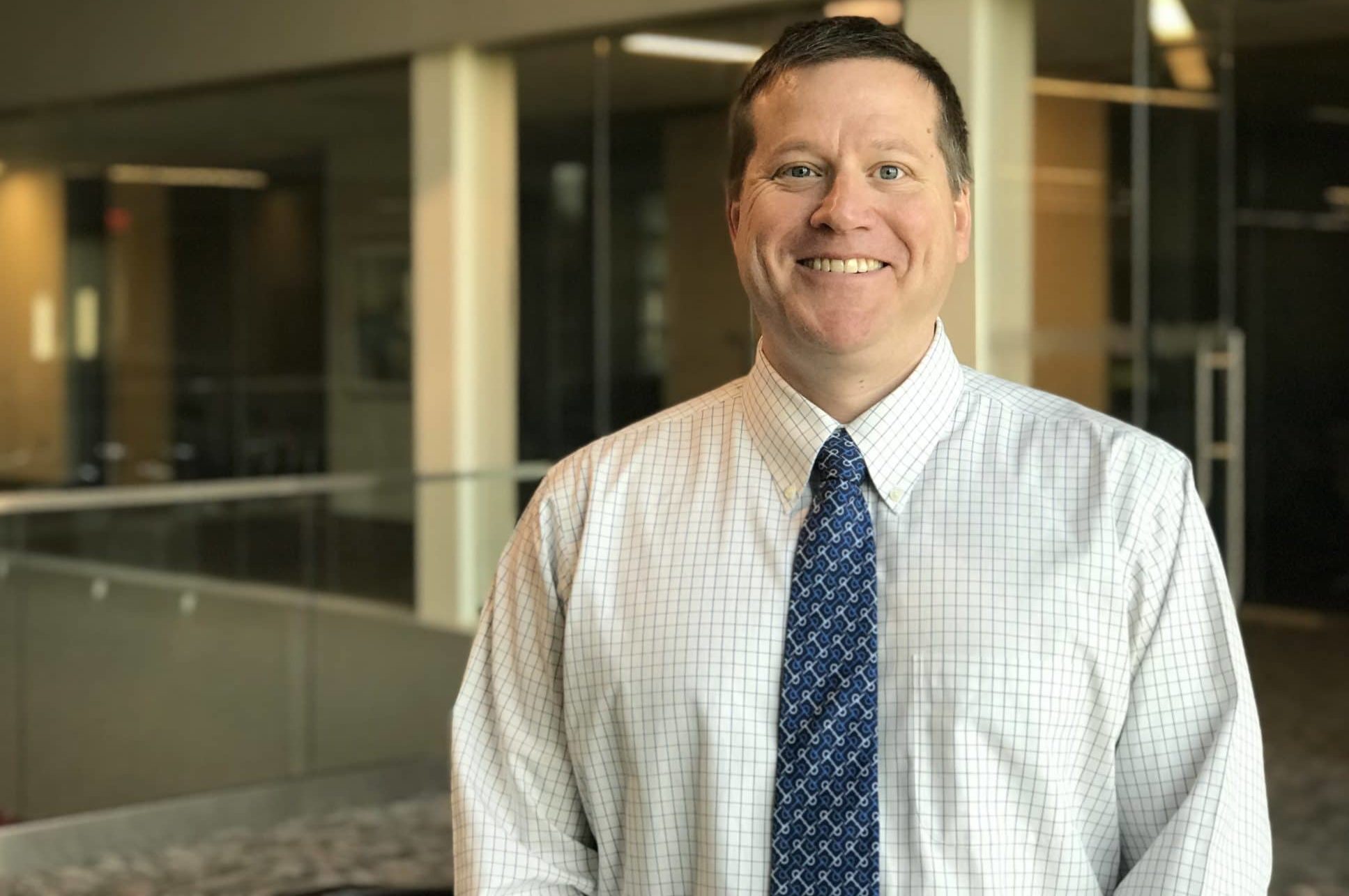The College of Veterinary Medicine recently received approval from the Board of Regents to create the Alison Bradbury Chair in Feline Health, one of only two such endowed professorships in the nation. Dr. Chad Schmiedt, professor of small animal surgery, will be the first to hold the position.
Schmiedt is internationally known for his work in feline renal disease and transplantation. He has published 53 journal articles over the last five years, 22 of which addressed feline topics and 10 of which focused specifically on feline renal disease and transplantation. In 2007, he combined his clinical and research interests to establish a renal transplantation program at the University of Georgia – and today it remains one of only three programs of its kind in the U.S. He is sought out for his expertise, and has performed renal transplants all over the world including cats in Israel and Russia.
“Dr. Schmiedt is an excellent choice for this groundbreaking position,” said Lisa K. Nolan, dean of the College of Veterinary Medicine. “His outstanding accomplishments in feline research and treatment, along with his commitment to understanding and bettering the lives of the feline species, will undoubtedly move the CVM forward as a leader in the field of feline health.”
The position was endowed thanks to a gift from Lauren Amos and Tyler Clayton and named for Dr. Alison Bradbury, CVM class of 2004. Lauren and Tyler intend for the gift to elevate the field of feline health in Georgia, both in research and practice.
“There is the need for additional research in all areas of feline health,” Amos said. “I would like the UGA CVM to be at the forefront. Personally, I am passionate about the feline species. The University of Georgia and Dr. Alison Bradbury at the Cat Doctor in Atlanta, GA, have cared for my own cats. It is my desire to create an environment where all cats in Georgia have the opportunity for the highest level of care.”
As the Bradbury chair, Dr. Schmiedt will continue to be engaged in research, teaching, and public service. Together with his team, he will work to identify new therapeutic targets which may provide new hope for sick cats, to expand studies on why and how feline diseases begin and progress, and to offer world-class patient care with currently available therapies.
